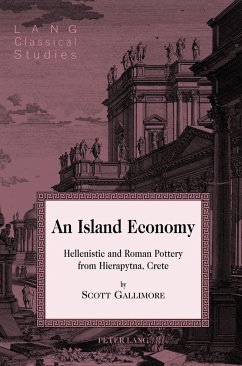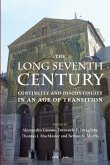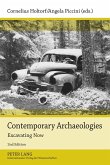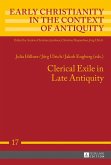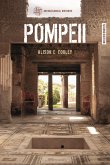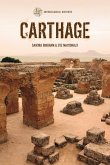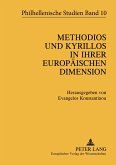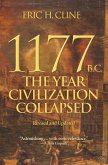This book offers the first presentation of Hellenistic and Roman period ceramic assemblages from the city of Hierapytna, located on the southeast coast of Crete. Recovered from three rescue excavations in the heart of the ancient city, this pottery records a diachronic history of Hierapytna from the third century B.C. to the seventh century A.D. Through meticulous analysis of these assemblages, including a detailed catalogue of all of the major ceramic categories encountered on Greco-Roman sites and an exhaustive economic synthesis that places Hierapytna in regional and international contexts, Scott Gallimore documents the growth and decline of this ancient city. An evolving role in numerous exchange networks enabled Hierapytna to grow from a promising Hellenistic center into a major Roman metropolis before it succumbed to pressures that led to a steady decline throughout the Late Roman period. An Island Economy outlines the historical trajectory of an eastern polis and demonstrates that its rise and fall are connected to pan-Mediterranean exchange networks, a subject that will be of great interest to archaeologists, ceramicists, economic historians, and students of the Greco-Roman world.
Bitte wählen Sie Ihr Anliegen aus.
Rechnungen
Retourenschein anfordern
Bestellstatus
Storno

